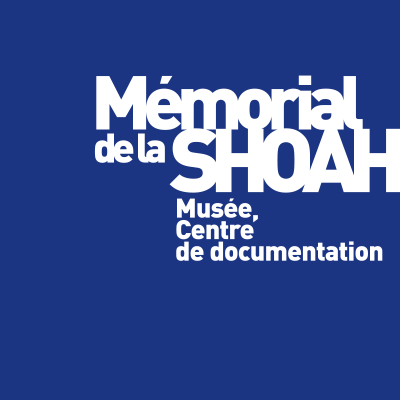Educate for memory: a European project against the distortion of history and the Holocaust
The Project "Facing Historical and Holocaust Distortion Now" (F2HDN), led by the international relations department of the Shoah Memorial, has received financial support from the European Union as part of the "Citizens, Equality, Rights and Values" (CERV) programme within its component "Memory".
Eleven training courses were organized between March 2024 and February 2025 by the Shoah Memorial and its European partners, for teachers and students from 17 European countries (Albania, Bosnia and Herzegovina, Bulgaria, Croatia, Estonia, France, Germany, Greece, Hungary, Italy, Lithuania, Latvia, Portugal, Romania, Serbia, Slovenia, Spain).
The project, lasting one year, is structured around two distinct devices. The first, "The Holocaust as a starting point," consists of a series of training courses organized at the European level for history teachers and other educational professionals. Designed with the idea that the Holocaust can serve as a basis for an inclusive dialogue between countries facing memorial and cross-border conflicts, and where the Holocaust generally has little place in school curricula, these courses bring together history teachers, representatives of national authorities and members of civil society from two or three different countries. Through conferences and workshops, the participants acquire a thorough understanding of the history of the Shoah, allowing them subsequently to study and express themselves on the more contemporary challenges their states face. The objective of these seminars is to create a transnational dialogue on common history, while providing an academic, historical and scientific foundation for the participants.
The second program, 'Interrogating the Never Again' (INA), is aimed at European students. The program can be designed with a partner university but it can also include two universities from bordering countries. This training includes a first part dedicated to the study of the Shoah and a second part on the study of genocides and mass atrocities of the 20th and 21st centuries. The comparative approach is privileged here because it allows to make bridges between past and present and gives the historical and legal bases necessary for understanding mass crimes. Conferences are accompanied by workshops on cross-cutting issues related to citizenship education. These workshops are privileged spaces to open discussion with the students and allow them to appropriate the acquired knowledge.


